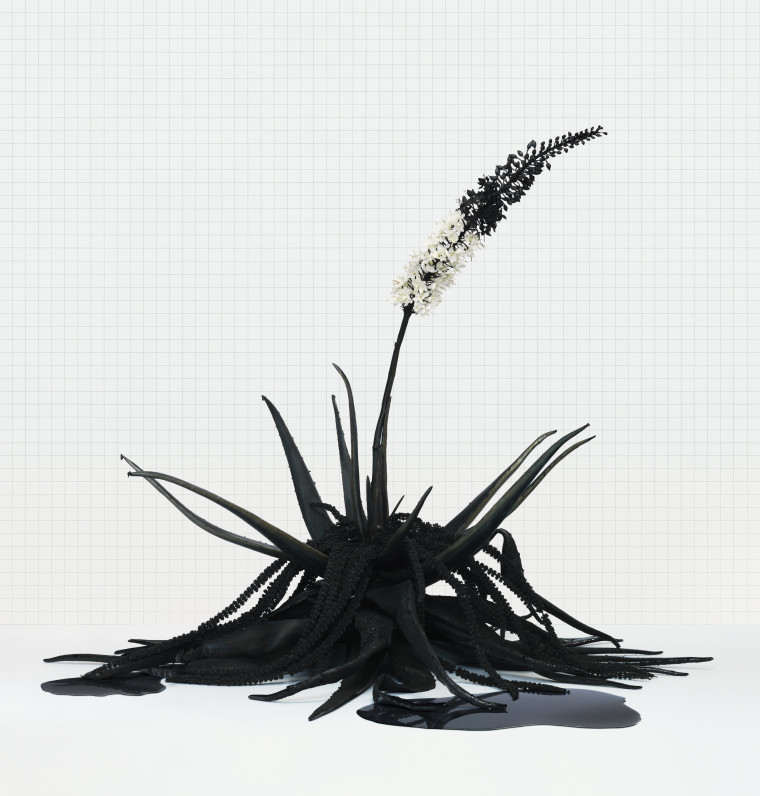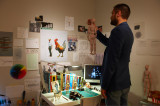To re-design plants
Plant Fiction: Self Eater (Agave Autovora)

Troika
‘Plant Fiction’ is an exploration of the role of nature in Western civilisation, where, over time, men have succeeded in defining culture – especially the city – as a social concept intrinsically opposite to nature, a concept in which our drive for technological development and cultural refinement is fuelled by the quest to control and understand nature. In this quest, guided by reason and human progress, modern natural sciences are developed to achieve a technological mastery over natural processes and an endless stream of new products and technologies is introduced into contemporary society, validated by the promise of improving living comfort and increasing the overall level of human well-being. Inadvertently, this technological progress has led to fossil fuel consumption, population growth, urban expansion and deforestation, ultimately placing a greater strain on future resources due to pollution, resource depletion and the loss of biodiversity.
The title ‘Plant Fiction’ layers facts, fiction, myth, history and radical thinking, and researches our present-day relationship with nature and culture, green and the city.
The title ‘Plant Fiction’ layers facts, fiction, myth, history and radical thinking, and researches our present-day relationship with nature and culture, green and the city. Five scenarios, each formed around a ficticious plant species, are placed on location in a London of the near future. Each plant is utilised to improve a familiar man-made condition. In these near-future scenarios Troika imagined plants that would decompose to become biofuels, plants that excrete unique pigments to be implemented in security devices, creepers that can sense air-borne viruses and plants that reclaim gold from electronic circuits found in landfills, evoking potential scenarios and also reflecting our often short-sighted and utilitarian view of nature and mankind’s relationship with it.


